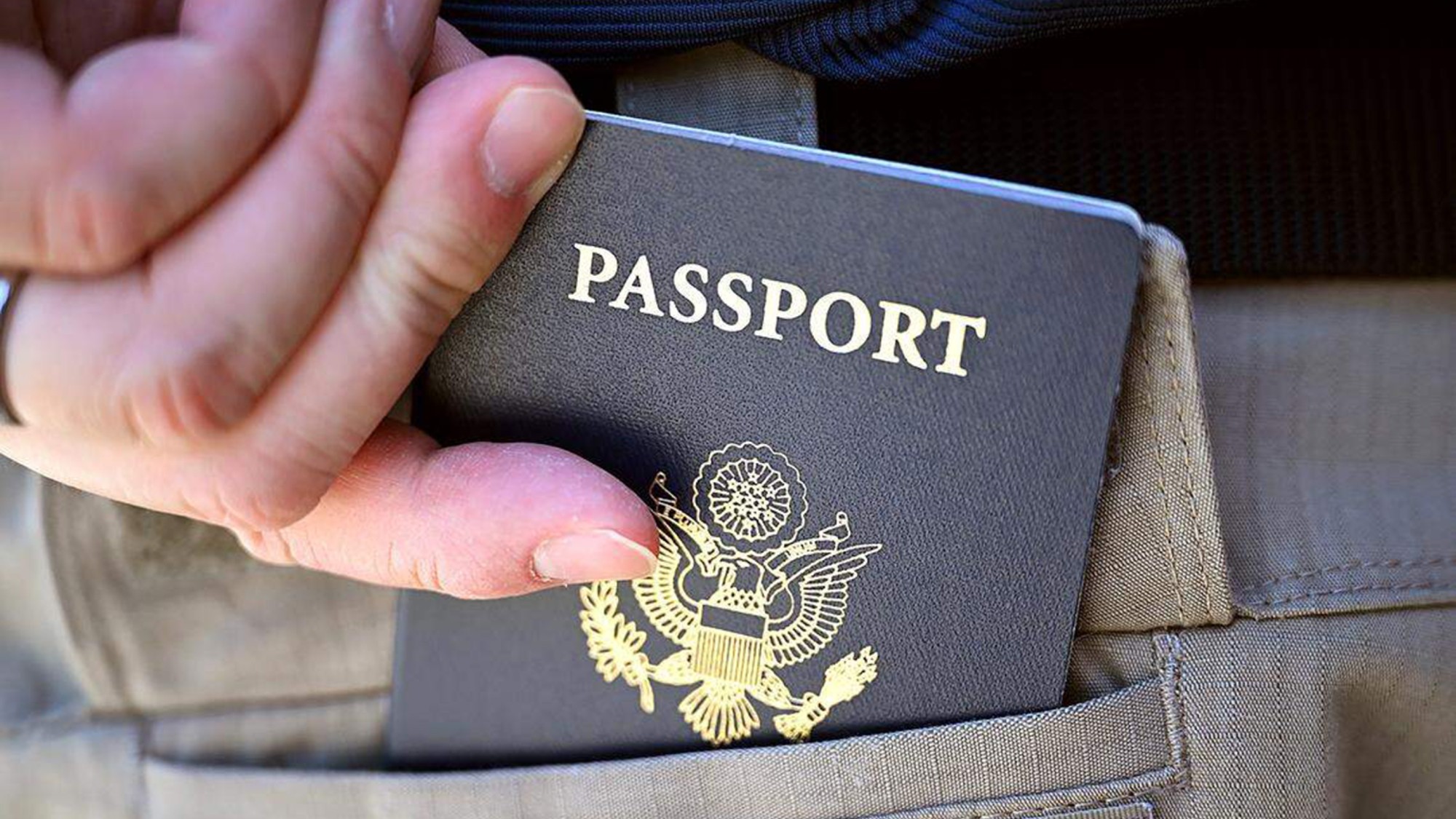Why Tory minister Johnny Mercer could face jail over Afghanistan evidence
MP has just days to reveal his sources over alleged unlawful killings by British soldiers, says inquiry chair

A free daily email with the biggest news stories of the day – and the best features from TheWeek.com
You are now subscribed
Your newsletter sign-up was successful
The minister for veterans' affairs has been ordered to name sources who told him about alleged war crimes by British soldiers – or face a possible jail sentence.
Tory MP Johnny Mercer, a former soldier, has until 5 April to provide a witness statement to an independent inquiry that is "investigating whether British special forces killed civilians and unarmed people on night raids in Afghanistan", said the BBC.
The inquiry, which opened in October, is looking into allegations that 80 Afghans were killed by members of three British SAS units between 2010 and 2013. Failure to comply with the order could result in Mercer facing a jail sentence or fine.
The Week
Escape your echo chamber. Get the facts behind the news, plus analysis from multiple perspectives.

Sign up for The Week's Free Newsletters
From our morning news briefing to a weekly Good News Newsletter, get the best of The Week delivered directly to your inbox.
From our morning news briefing to a weekly Good News Newsletter, get the best of The Week delivered directly to your inbox.
What did Mercer tell the inquiry?
Mercer last month gave an "extraordinary" witness statement to the inquiry that "reads like a treatment for a film", said Prospect magazine.
The MP for Plymouth Moor View "in effect" admitted that he believed members of the SAS had engaged in dozens of extrajudicial killings of Afghan civilians in the early 2010s, said The Guardian.
The former commando told the inquiry that he had become aware of the SAS allegations over time, starting with an "odour and pallor" that dated back to his last tour of Afghanistan in 2010.
The claims came to his attention again in 2017, after he became an MP, when two military colleagues warned him about the seriousness of the allegations. Mercer said that a senior officer detailed the scale of the official investigation into the alleged killings, while another former soldier said he had been asked to carry a "dropped weapon" – an untraceable weapon that could be used to falsely suggest an unarmed victim had posed a threat to British troops.
A free daily email with the biggest news stories of the day – and the best features from TheWeek.com
Mercer told the inquiry that he became increasingly alarmed by the allegations after internal investigations found there were no video recordings from a number of operations of concern, which Mercer considered to be "implausible".
Why could Mercer face jail?
Charles Haddon-Cave, who chairs the Afghanistan public inquiry, has issued Mercer with a Section 21 notice under the Inquiries Act 2005, compelling him to reveal the names of his sources, which the inquiry has said will be "treated in confidence".
But Mercer has repeatedly refused to reveal the names and identities of the "multiple officers" whom he claims told him of the allegations.
If Mercer continues to defy the order, he could face prosecution by the inquiry in a magistrates' court or be found in contempt in the High Court.
Sources speaking to The Telegraph reported that a conviction in the High Court "could lead to imprisonment of up to two years or an unlimited fine". If found guilty by magistrates, the MP could be given a criminal conviction and a possible prison sentence of up to six months.
Why won't Mercer reveal his sources?
A friend of Mercer told The Telegraph that those who spoke to the minister about the allegations "are not people who are in any way suspects". Rather, they are "vulnerable soldiers and veterans who for their own legitimate reasons didn't want to engage with the inquiry".
"This is not about him protecting wrongdoers," said the unnamed source. "But Johnny has spent his entire political career protecting junior ranks, and he won't change that."
Haddon-Cave cautioned the minister last month to "decide which side you are really on". The inquiry chair asked: " Is it assisting the inquiry fully and the public interest and the national interest in getting to the truth of these allegations quickly, for everyone's sake? Or being part of what is – in effect – an omertà, a wall of silence."
Sorcha Bradley is a writer at The Week and a regular on “The Week Unwrapped” podcast. She worked at The Week magazine for a year and a half before taking up her current role with the digital team, where she mostly covers UK current affairs and politics. Before joining The Week, Sorcha worked at slow-news start-up Tortoise Media. She has also written for Sky News, The Sunday Times, the London Evening Standard and Grazia magazine, among other publications. She has a master’s in newspaper journalism from City, University of London, where she specialised in political journalism.
-
 Why is the Trump administration talking about ‘Western civilization’?
Why is the Trump administration talking about ‘Western civilization’?Talking Points Rubio says Europe, US bonded by religion and ancestry
-
 Quentin Deranque: a student’s death energizes the French far right
Quentin Deranque: a student’s death energizes the French far rightIN THE SPOTLIGHT Reactions to the violent killing of an ultraconservative activist offer a glimpse at the culture wars roiling France ahead of next year’s elections
-
 Secured vs. unsecured loans: how do they differ and which is better?
Secured vs. unsecured loans: how do they differ and which is better?the explainer They are distinguished by the level of risk and the inclusion of collateral
-
 How ‘Manchesterism’ could change the UK
How ‘Manchesterism’ could change the UKThe Explainer The idea involves shifting a centralized government to more local powers
-
 ‘Dark woke’: what it means and how it might help Democrats
‘Dark woke’: what it means and how it might help DemocratsThe Explainer Some Democrats are embracing crasser rhetoric, respectability be damned
-
 San Francisco tackles affordability problems with free child care
San Francisco tackles affordability problems with free child careThe Explainer The free child care will be offered to thousands of families in the city
-
 The Mint’s 250th anniversary coins face a whitewashing controversy
The Mint’s 250th anniversary coins face a whitewashing controversyThe Explainer The designs omitted several notable moments for civil rights and women’s rights
-
 US citizens are carrying passports amid ICE fears
US citizens are carrying passports amid ICE fearsThe Explainer ‘You do what you have to do to avoid problems,’ one person told The Guardian
-
 The MAGA civil war takes center stage at the Turning Point USA conference
The MAGA civil war takes center stage at the Turning Point USA conferenceIN THE SPOTLIGHT ‘Americafest 2025’ was a who’s who of right-wing heavyweights eager to settle scores and lay claim to the future of MAGA
-
 Inside Minnesota’s extensive fraud schemes
Inside Minnesota’s extensive fraud schemesThe Explainer The fraud allegedly goes back to the Covid-19 pandemic
-
 Trump wants to build out AI with a new ‘Tech Force’
Trump wants to build out AI with a new ‘Tech Force’The Explainer The administration is looking to add roughly 1,000 jobs